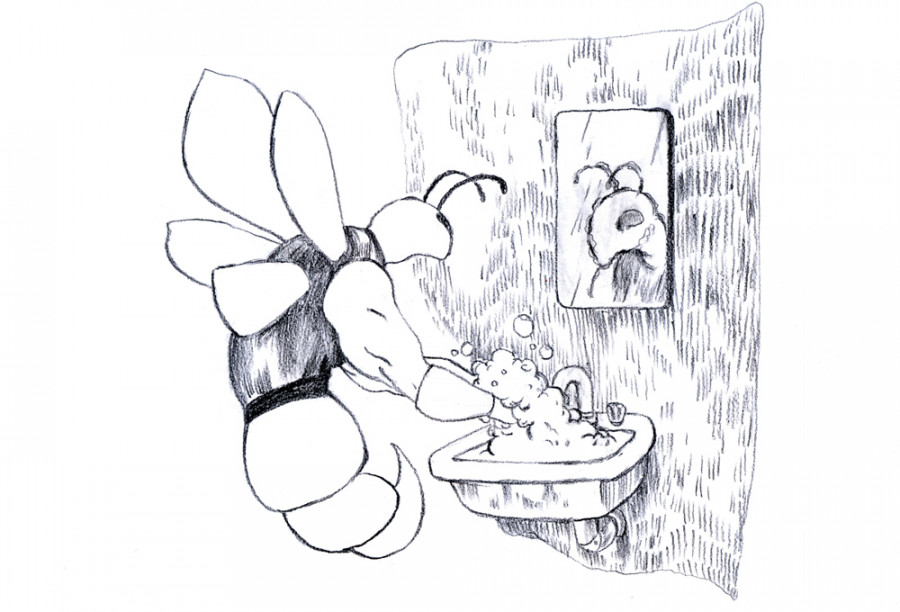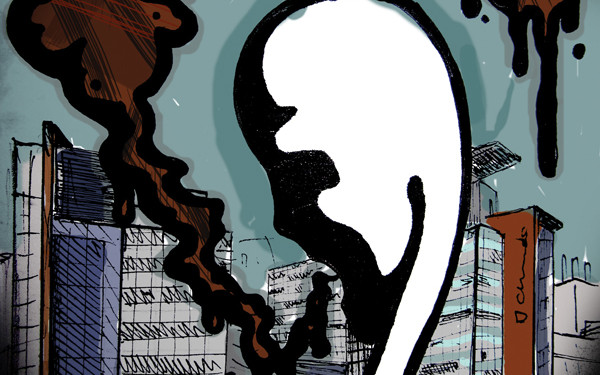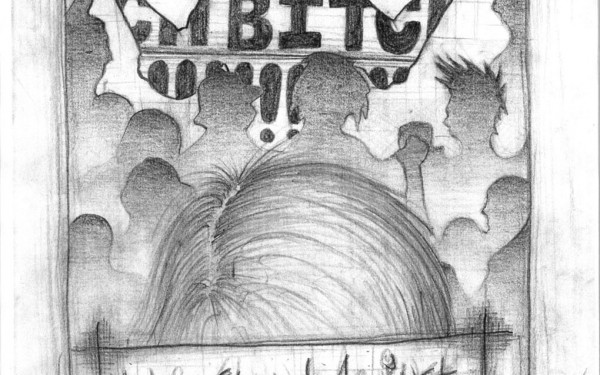Editorial: We Need Zero-Tolerance for Sexist Chants
A recent wave of attention to sexist and violent chants has swept across the country, prompting resignations from student politicians—like those responsible for organizing frosh at the University of British Columbia’s Sauder School of Business—and heated debate.
With renewed controversy surrounding similar chants from Engineering and Computer Science Association frosh events, we have to wonder why there’s any resistance to give up these chants at all.
The ECA has taken steps in the right direction by banning 14 of the chants, but the penalties for using banned chants aren’t severe enough to discourage their use. Over 6,000 students are enrolled in Concordia’s engineering and computer science faculty—of which, 3,500 undergrads are directly represented by the ECA—and policing large events isn’t likely to be easy or effective. But making it “two strikes, you’re out” would be much harder to enforce than a zero-tolerance policy.
This idea was presented to ECA council but shot down, with one argument being it didn’t give the offender a chance to learn from their mistake. Given the amount of attention these chants have been getting, however, that learning can be done without continuing a bigoted tradition.
An argument against the banning of these songs is that they are part of this larger tradition, passed down from frosh leaders and seniors on to new students, and are just for fun. But how important are they really to the engineering tradition if it’s “just for fun” then?
Proposals have been made to essentially pick and choose which lyrics are acceptable and which need to be changed, a process currently being tackled by 14 people sharing a Google document. If the ECA wants to handle this controversy in the spirit of democracy as members have asserted, the editing process should be open to the entire faculty.
Arguments that more deliberation is needed because the resolution banning the chants was sent only six hours before the ECA meeting don’t carry much weight either—not only was this topic brought up repeatedly in past semesters, including the fall of this year, but the attention brought to similar chants at other schools has made this topic unavoidable.
A mistake that originally did not send the resolution to all councillors certainly doesn’t indicate poor planning on the part of those who brought the resolution forward. Pleading ignorance or lack of preparation doesn’t cut it.
Making light of sexually crude and explicit slurs only teaches people the mentality that it’s acceptable to joke about these topics in other contexts—not just at ECA events—and this needs to stop. Sexist chants reinforce the notion of a “boys’ club” that has no place in the pursuit of a degree.
We’re not just discussing someone’s sensibilities being offended here—these chants have the power to make people feel uncomfortable and unsafe, actively working against the open-minded and progressive community that we take pride in being a part of at Concordia.
There are certainly ECA executives that acknowledge these chants are wrong and who don’t defend other councillors for their flippant, comfortable attitudes towards the issue—notably VP External Jonathan Ladouceur, the only executive to state unequivocally while council was in open session Feb. 10 that the chants were wrong and the ECA’s main priority is to emphasize that to its members. Much common ground exists between the ECA and students who oppose the chants, but it needs to be solidified.
If engineering students want to continue with a culture steeped in tradition, then it’s time for them to ditch any apologist stance for chants from the Mad Men era.
Dissociating the ECA from these cheers is a good start. But there is further opportunity here to positively reform a community—to be a leader for engineering students nation-wide—and that should not be taken lightly.
UPDATE: An earlier version of this article referenced 6,000 engineering students. Only the 3,500 undergraduate engineering students are represented by the ECA.






